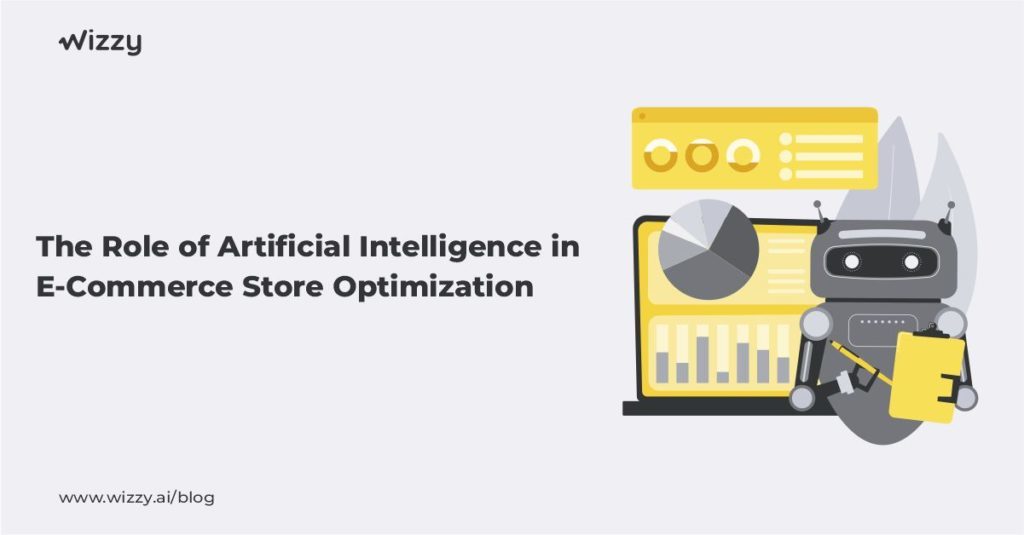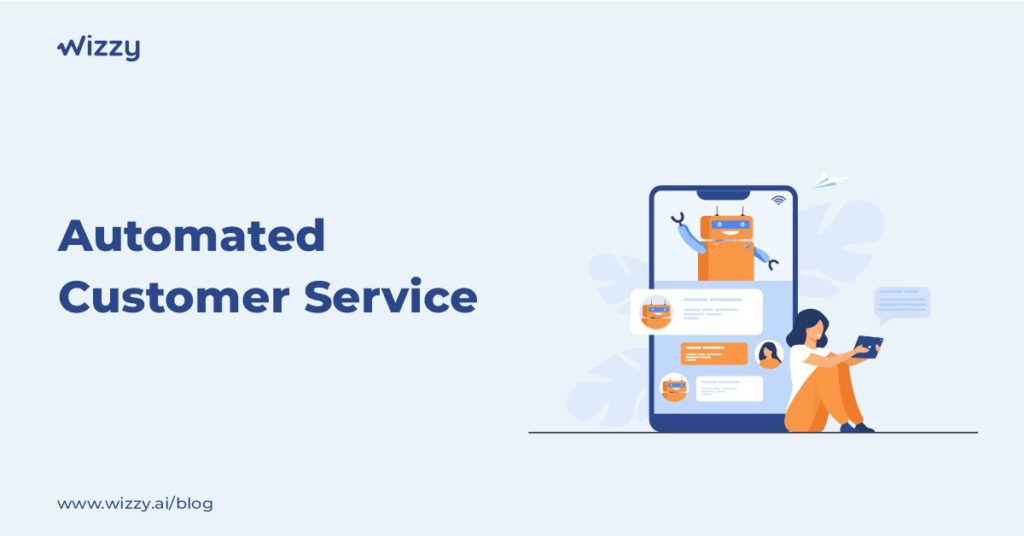The Role of Artificial Intelligence in E-Commerce Store Optimization
Written by Alok Patel

Artificial Intelligence (AI) is rapidly changing the way businesses operate, including e-commerce stores. With its ability to analyze large amounts of data and make predictions, AI is helping e-commerce businesses to optimize their operations and improve the customer experience. In this blog, we will explore the role of AI in e-commerce store optimization and how it is transforming the industry.
Artificial intelligence (AI) is an e-commerce trend that has quickly become one of the most valuable tools in transforming how brands interact with their customers. Not only does AI amass large amounts of data to predict future online shopping behaviors, but it enables online retailers to use this information to create personalized marketing messages at scale. Put this all together, and you end up with the tailored shopping experiences your customers demand.
Personalized Customer Experience

One of the biggest benefits of AI in e-commerce is its ability to personalize the customer experience. By analyzing customer behavior and preferences, AI can make recommendations to customers based on their past purchases and browsing history. This can result in higher customer engagement and increased sales.
The more personalized content you offer your shoppers, the better the overall experience. In fact, studies show that 77% of customers who experience a positive CX are more likely to recommend the brand to a friend. That’s because personalization helps build a connection with each customer, resulting in greater satisfaction and brand loyalty.
For example, Amazon’s AI-powered recommendation engine is responsible for 35% of its sales. The platform uses machine learning algorithms to predict what customers are likely to purchase and provides personalized product recommendations.
Improved Search Experience

Another way AI is optimizing e-commerce stores is by improving the search experience. With AI-powered search, e-commerce websites can provide customers with more accurate and relevant search results. This not only improves the customer experience but also helps to increase sales and reduce bounce rates.
For instance, AI-powered search engines like Google can understand natural language and provide customers with results that match their intent. This makes it easier for customers to find what they’re looking for and reduces the time it takes to make a purchase.
Automated Customer Service

Artificial intelligence is also changing the way e-commerce stores handle customer service. With AI-powered chatbots, e-commerce stores can provide 24/7 customer support, even when human agents are unavailable.
Online stores are now available on multiple channels with 24/7 availability. This often requires some form of automation. By automating customer support, merchants can save time, energy, and operating capital. AI can be of great help when it comes to automation for eCommerce business owners.
Chatbots can handle a wide range of customer inquiries, from product questions to order tracking, making it easier for e-commerce stores to provide fast and efficient support. Additionally, AI-powered chatbots can analyze customer interactions to identify patterns and improve their responses over time, leading to even better customer service.
Inventory Management

Inventory management is another area where AI is making a big impact in e-commerce. With AI-powered systems, e-commerce stores can track inventory levels and make predictions about future demand. This allows e-commerce stores to keep their shelves stocked with the right products and reduce the risk of stockouts.
Beyond the basic inventory management functions, this technology is also used to optimize fulfillment processes. For example, AI can help determine the most efficient delivery routes based on factors like weather or traffic volume. By embracing AI-powered commerce technologies, retailers can also maintain optimal conditions inside warehouses and deliver products according to customer demands.
For example, AI-powered inventory management systems can analyze customer purchase patterns to predict when certain products will sell out and make recommendations for restocking. This helps e-commerce stores to keep their customers happy and avoid lost sales.
Fraud Detection

Finally, AI is also helping e-commerce stores to reduce fraud. With AI-powered fraud detection systems, e-commerce stores can analyze customer behavior and transactions to identify patterns that are consistent with fraudulent activity.
By using machine learning algorithms, AI-powered fraud detection systems can learn from past fraud attempts and make predictions about future fraud. This helps e-commerce stores to stay one step ahead of fraudsters and reduce the risk of fraud losses.
Conclusion

In conclusion, AI is transforming the way e-commerce stores operate, from personalized customer experiences to improved inventory management. With its ability to analyze large amounts of data and make predictions, AI is helping e-commerce stores to optimize their operations and improve the customer experience. As AI continues to evolve, we can expect to see even more exciting developments in the world of e-commerce in the years to come.
One more advantage of AI is that it allows leadership teams to focus on strategy, growth, and innovation while taking care of repetitive tasks, leading to improved performance and the ability to stay ahead of competitors. Feel free to implement AI into your business processes to elevate your eCommerce business to a higher spot!
Share this article
Help others discover this content
